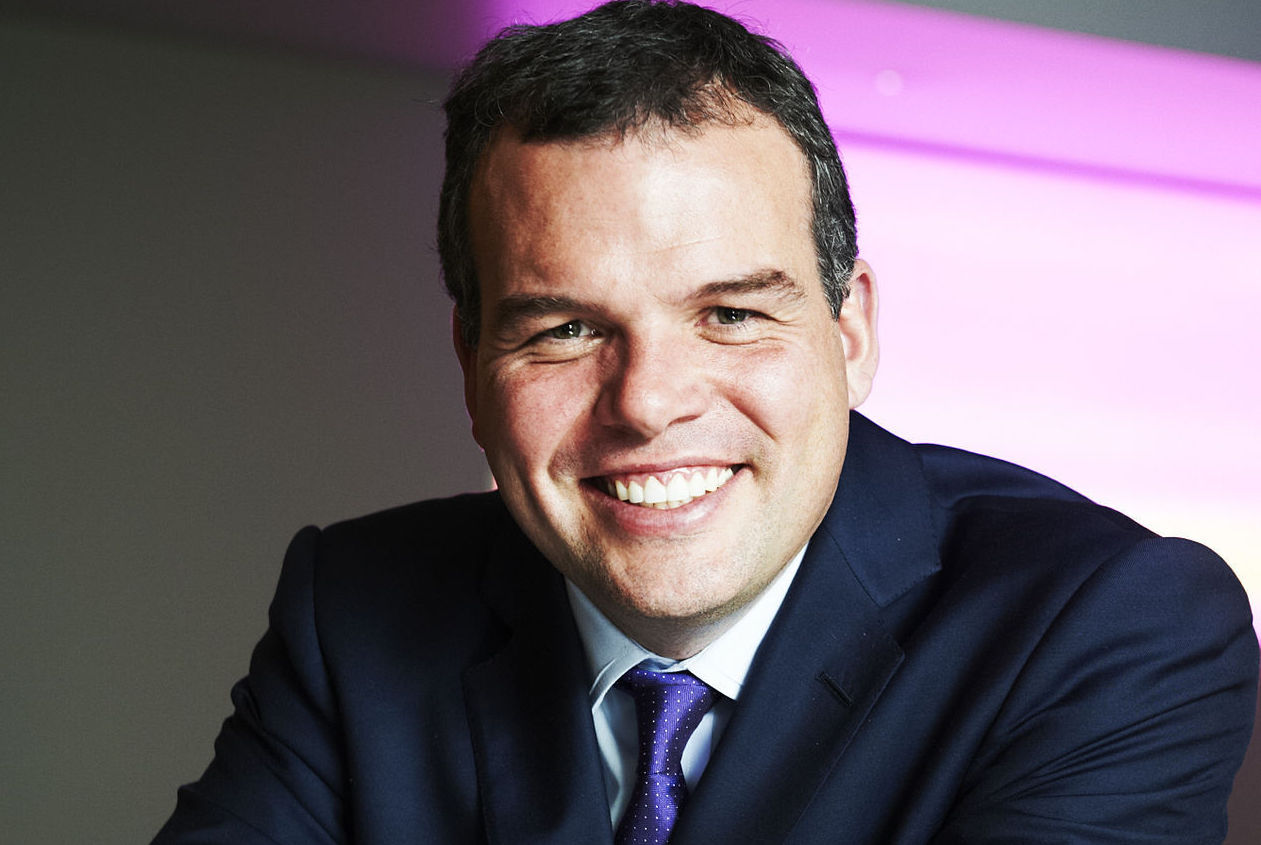Our Pitch Day was brought to a close with a bang thanks to British Silicon Valley entrepreneur and founder of live data giant WANdisco, David Richards OBE. Having grown his company from start-up to LSE-listed tech titan, he chatted to host Michael Hayman about the future of work, the power of data across all industries and the fundamentals of collaboration.
Here are the top five takeaways from his talk:
1. Don’t be afraid to change the status quo
Working practices have completely transformed since the pandemic hit and businesses have seen the benefits – with productivity rising. We shouldn’t be afraid to embrace these new efficiencies and change the way we work for good.
“We found that people work very effectively when they’re not going to an office five times a week, so much so we actually just moved to a four day working week because our productivity went up enormously,” said Richards.
“I think what we’re really doing is using all of the tools and technologies that have always been there, but we’re using them to the fullest possible effect and it has created a better work life balance for most employees now.”
2. Data is increasingly solving problems
If companies can put their data to good use, it can start to answer their questions quicker and help them to make better choices. “Technology has always been a key differentiator across every single business,” says Richards. “We’ve talked about big data being one of the fundamentals and now we’re seeing that play out.”
If there’s a problem to solve, the answer can almost certainly be found in data, he explains: “We worked with a tractor company that found its bearings were failing which was a multibillion dollar problem,” he explained. “The problem was to do with sand getting into the system and the fix was a 30 cent shield. They could only discover that because of the power of their artificial intelligence – powered by colossal amounts of data.”
3. Data will even power humans
Data technology is enabling decision making across the board. “I think we’re entering a world of tremendous discovery,” says Richards, “We’re not using gut feel, guesswork or historical facts when we’re looking at data to make good decisions.”
Healthcare in particular will see innovations as we start to harness data to build accurate pictures of people, places and things. “We’re going to see the human being become more like an iPhone – with data for different parts of the body which we can access and update.”
4. Data presents huge leaps in progress for all industries
Having witnessed the decline of the steel industry in Sheffield, England, David Richards is excited about the opportunity industries of all kinds have to harness data and automation to stay ahead. “I’m trying to give machine learning and artificial intelligence technology to manufacturers because of the opportunities it opens up.”
It won’t stop with manufacturing though, says the entrepreneur. ‘“You’re gonna see a lot of very traditional industries adopt this technology and make huge leaps forward. People are getting scared about jobs but I think robots are going to take over the bottom tier that nobody really wants to do. And it’s going to create many more opportunities over and above that.”
5. Collaboration is a two-way street
Many industry players are aware that working together and sharing resources can supercharge progress, making collaboration between companies a key component of the future of industry. But all parties need to be playing a role in the exchange. “It’s definitely quid pro quo – businesses can’t expect to turn up and get a handout. Everyone has to give something in exchange.”
And as a final thought, David left the audience with an important piece of advice: “Trust your gut. Don’t listen to a few voices. Look at the whole market and data and what that’s telling you.

